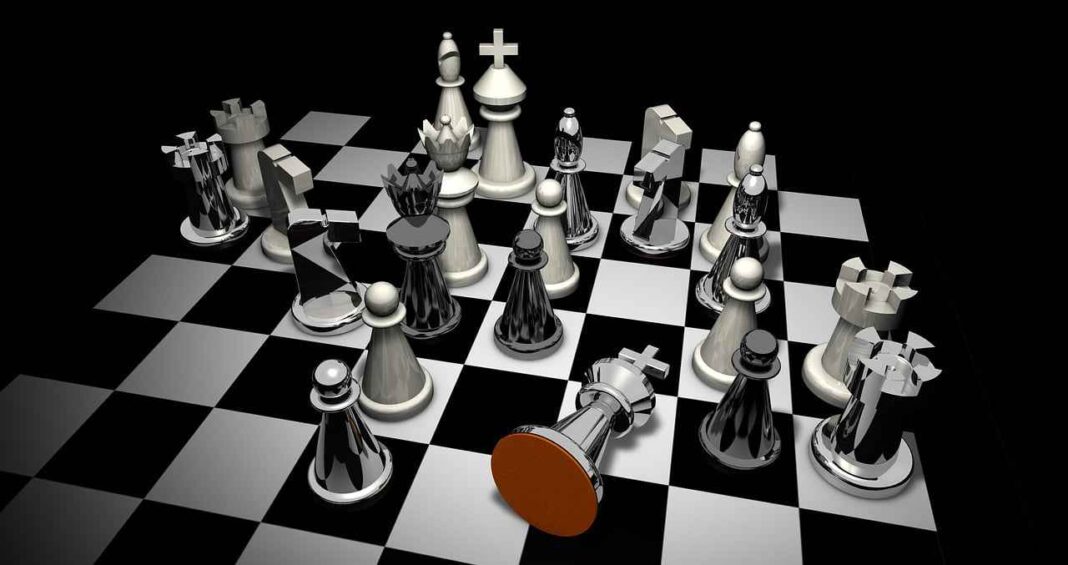Negotiating with BATNA: A Lesson from an Uber Driver
When it comes to negotiation, understanding your BATNA (Best Alternative to a Negotiated Agreement) is key. Here’s a story that perfectly illustrates this concept in action.
One afternoon, after a tennis match, I decided to pick up some Uber fares on my way home. However, I ended up driving a mother and daughter headed in the opposite direction of my house to Fisherman’s Wharf. Not ideal, but at least it was an opportunity to earn around $15.
Soon after dropping them off, I discovered the daughter had left her iPhone in my car. I was planning to follow Uber’s lost item procedures later, but the daughter beat me to it by calling her phone. I answered and arranged for her to pick it up from my home, avoiding a trip back across the city during rush hour.
The daughter, Hannah, was relieved to find her phone and planned to retrieve it after dinner. I mentioned a fare for her journey to my house would cost between $15-$20, or up to $26 during surge pricing. However, I also considered offering to deliver it for $40 since I’d be finished with dinner by then. Yet, I hesitated, not wanting to profit from her mistake.
Instead, I suggested she could make an offer if she preferred me to deliver the phone. She immediately proposed $60. This was more than fair, considering the round trip and potential earnings from other fares I’d miss.
Ultimately, the experience turned into a lucrative hour, earning me $100 by incorporating a few additional rides. This scenario highlighted the importance of BATNA. In negotiations, knowing your alternatives and understanding the other party’s alternatives can lead to mutually beneficial outcomes. Hannah and her mother were happy to adjust their tight vacation schedule, and I made a decent hour’s wage without extending beyond my comfort zone.
The Importance of BATNA
This isn’t just about Uber rides or lost phones. BATNA is a powerful tool in all negotiations. Whether you’re discussing salaries, business deals, or even personal plans, knowing your best alternatives allows you to negotiate from a position of strength.
In this case, my BATNA was clear: I could stay home and relax, waiting for Hannah to pick up her phone, or I could make an extra effort for a guaranteed payment. Hannah’s BATNA was less favorable, involving a longer trip and higher costs. Recognizing these dynamics, I made a counteroffer that ended up benefiting both of us more than our initial alternatives.
This story is a perfect example of how everyday interactions are negotiations in disguise, and why understanding your options can dramatically shift the outcome in your favor. Always consider what your BATNA is, and remember, sometimes the best deal is the one that keeps everyone’s interests aligned.










































